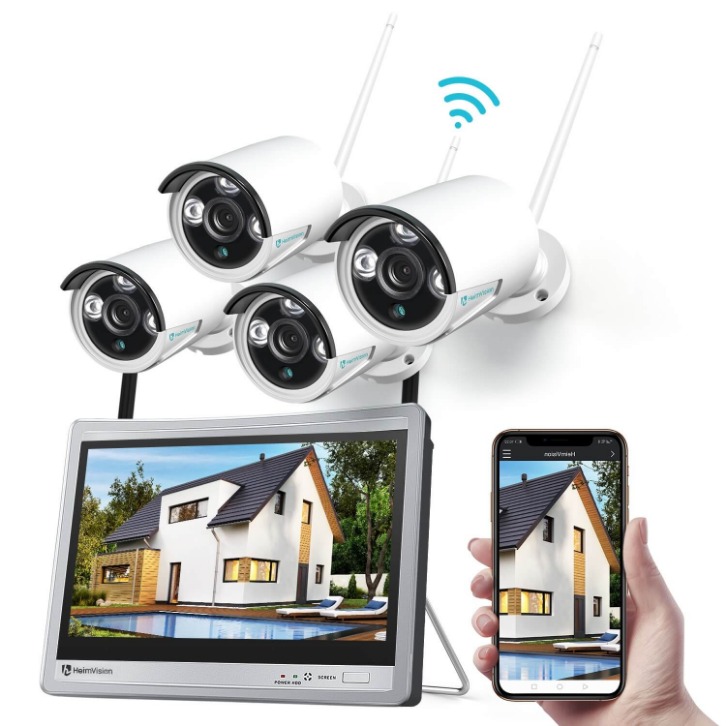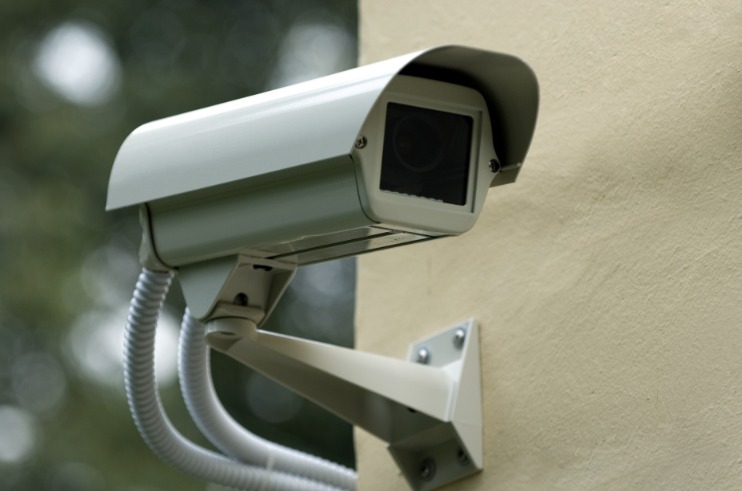In an era where safety concerns are paramount, investing in robust security solutions has never been more crucial. Both residential and commercial properties benefit significantly from advanced security measures. Ensuring the safety of your premises and loved ones becomes seamless when you leverage state-of-the-art Video surveillance systems.
Why Video Surveillance Systems Matter
*Video surveillance systems* are an integral part of modern security strategies. These systems offer continuous monitoring, deterring potential intruders and providing crucial evidence in case of incidents. Key benefits include:
- Deterrence: Visible cameras discourage criminal activity.
- Evidence Collection: High-quality video recordings aid in investigations.
- Remote Monitoring: Access live feeds from anywhere, enhancing real-time security management.
- Cost-Efficiency: Reduces the need for physical security personnel, lowering overheads.
Essential Components of a Video Surveillance System
An efficient video surveillance system comprises several crucial elements:
- Cameras: Various types including outdoor security cameras and Home security cameras.
- Recording Devices: High-capacity DVRs or NVRs.
- Monitors: For real-time viewing and playback.
- Storage: Cloud-based or on-premise storage solutions for video data.
- Networking Equipment: Routers and switches for connecting cameras to the system.
Commercial vs Home Security Cameras
Selection of cameras should be tailored to the specific needs of the environment:
- Home Security Cameras: Focus on key entry points, living spaces, and driveways.
- Commercial Security Cameras: Cover expansive areas like parking lots, office interiors, and store fronts.
Wireless and Outdoor Security Cameras
The advent of wireless technology has revolutionized security camera installations, making them easier to set up and manage. Wireless models are ideal for both indoor and outdoor use, offering flexibility and convenience. Outdoor security cameras, built to withstand harsh weather conditions, provide reliable performance for prolonged periods.
Maintenance and Repair of Security Systems
To ensure uninterrupted functionality, regular maintenance and timely security camera repair are essential. Common maintenance tasks include:
- Regular Cleaning: Prevents dirt buildup on lenses, ensuring clear footage.
- Firmware Updates: Keep devices updated for optimal performance and security.
- Periodic Testing: Ensure all components are functioning as intended.
Securing Your Future with Professional Installation
Effective Security camera installation requires expertise to guarantee optimal coverage and system integration. Professional installation ensures robust protection, with cameras strategically placed for maximum surveillance and minimal blind spots.
Frequently Asked Questions
- Q: What is the lifespan of a typical security camera?
A: Most cameras last between 5 to 7 years with proper maintenance. - Q: Can I access my cameras remotely?
A: Yes, modern systems offer remote access via smartphones and computers. - Q: How often should I update my system’s firmware?
A: Regular updates are recommended, typically every few months.
Conclusion
Investing in a comprehensive video surveillance system not only enhances security but also provides peace of mind. From security camera installations to maintenance and repair, ensuring your property is well-protected has never been more accessible or effective.




